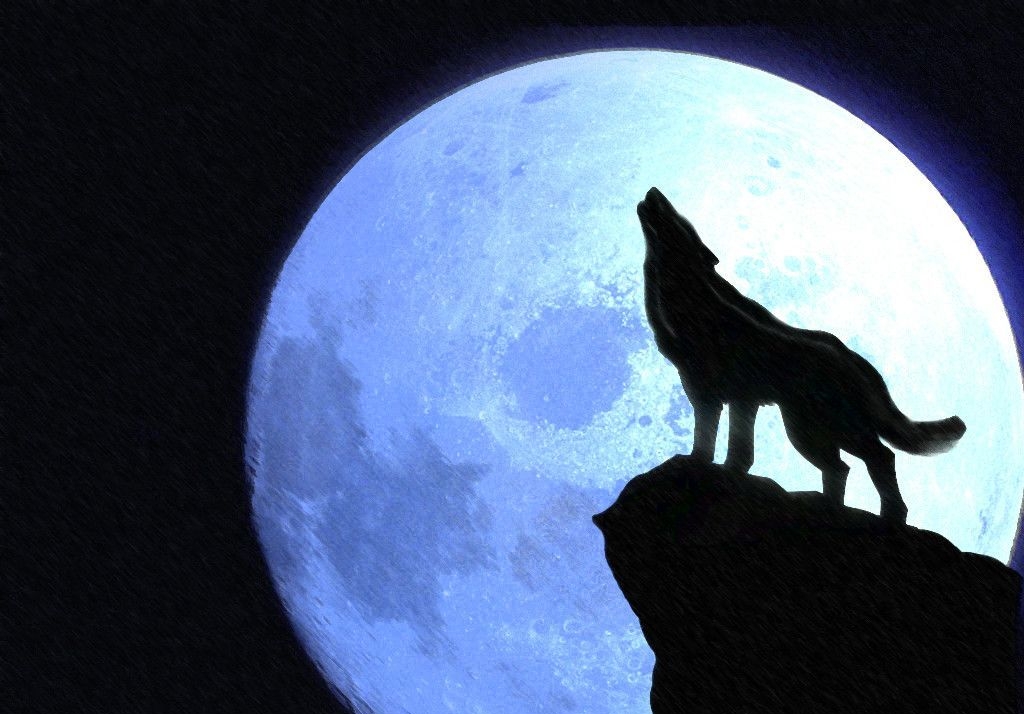The supermoon, the regular moon and you
Cover Image by Paul Kane, Getty Images
This week’s supermoon is said to be the brightest moon us Earthlings have seen in about 70 years. Naturally, this occurrence has stirred our species’ long-standing questions about our connection to the moon: does it affect our moods, sleep cycles, menstrual cycles, reproductive patterns?
“Everything around us has an effect on something within us – be it our exposure to the sun’s ultraviolet radiation, looking at the morning sky, taking a walk in the forest, or swimming in the sea – nature’s beauty prompts the flow of hormones and energy in our body.”
The moon has always been a major subject - permeating all races, species and time. Think about the age-old folklore of wolves howling at the moon, the English word "lunatic" (derived from Latin "luna" which means "moonstruck"), or Shakespeare’s Othello: "It is the very error of the moon, she comes more nearer the earth… and makes men mad..."
Last year, a super blood moon eclipse (yes, all of that at once) occurred, prompting a very interesting article from CNN. The article revealed a certain study’s findings about our relationship with the moon.
At the time of the study, neither the participants nor the researchers knew that the study had any relation to the moon phase, but years later a lunar correlation was seen, proving astonishing results.
Under laboratory conditions for a series of days, participants showed the following conditions specifically during the time of the full moon:
- decreased levels of hormone melatonin
- 20-minute reduction in sleep time
- falling asleep took 5 minutes longer
- deep sleep reduced by about 30%
What makes matters more interesting is that the laboratory environment had no windows, so it was not possible for the participants nor researchers to be aware of the full moon's existence.
And it’s this special finding that provides intriguing opposition to the scientifically and medically accepted belief that the hormone melatonin is controlled only by light (and not the phase of the moon). For example, WebMB states:
“Light affects how much melatonin your body produces. During the shorter days of the winter months, your body may produce melatonin either earlier or later in the day than usual. This change can lead to symptoms of seasonal affective disorder (SAD), or winter depression.”
Therefore, WebMD continues, melatonin supplements have been used in the following cases:
- Treating seasonal affective disorder (SAD)
- Helping to control sleep patterns for people who work night shifts
- Preventing or reducing problems with sleeping and confusion after surgery
- Reducing chronic cluster headaches
Further, you can see in the illustration below that the lack of light (or darkness) entering the woman’s eyes is a supposed key to melatonin levels, traveling to the pineal gland to trigger release of melatonin in the brain which then continues down to the rest of the body.
Yet, the study summarized by CNN concluded:
“We have evidence that the distance to the nearest full-moon phase significantly influences human sleep and evening melatonin levels when measured under strictly controlled laboratory conditions, where factors such as light and personal moon perception can be excluded.”
So if we can accept that our melatonin hormones have a relationship with the moon (and therefore are not controlled solely by light), then the next question is what happens to us when our melatonin levels are decreased at the time of a full moon? What happens is more energy, more things going on within us biologically as a whole. What happens is not simply that our eyes are open longer. There are more systems of our body that are awake and functioning that wouldn’t be if we were sleeping - not in the same, conscious way.
The Spiritual Research Foundation explains that decreased melatonin levels allow for "heightened mind activity" in the name of feelings, emotions and desires, and argues that "the mind, which consists of conscious and subconscious mind, reacts to the standing and positioning of the moon in the sky."
The foundation goes on to suggest that the moon's position has the power to bring more of the subconscious to the conscious mind, and that "since our subconscious mind consists of unnecessary and necessary, positive and negative imprints, their combined rise to the conscious mind, can leave us feeling exasperated, crazy and mindless.”
So maybe the full moon frees us. Not in a crazy way, but in the way a glass of wine or laughter helps loosen the stiffness of our routined judgements, or the way a great conversation with a lover stimulates us, letting out some of our hidden potential.
I read another article about this alleged full moon phenomenon. It was about how to stay in control of this subconscious release, as if it was a negative thing. As if we should be proud of a triumphant disconnection and unaffectedness from the rest of the world’s inherent changes.
Are we aiming to become the robots we build? Don’t we want to live and breathe and be affected like all other forms of life - like our landscapes, the animals, the tides and the seasons?
My opinion is it’s not a negative thing that we are function of the Earth and Universe, instead it’s a privilege to be beautiful, vulnerable interconnected pieces of it all.





